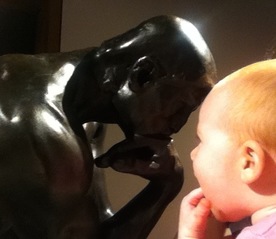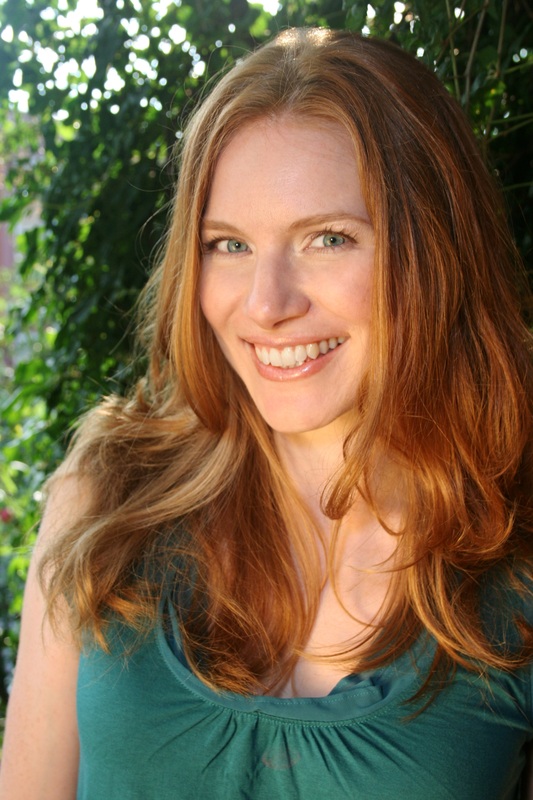
Or was it whispered supplication? Was it a reminder to spend our too-few days thoughtfully? Was it a two-word echo of Henry David Thoreau’s reasoning for going to the woods: “to live deep and suck out all the marrow of life”?
All of this passed through my mind in a split-second. Then, I realized I was looking incorrectly.
 "Breathe in, breathe out."
"Breathe in, breathe out." “Expire” is the French word for “breathe out”.
And the sign was on the side of a Lulu Lemon yoga apparel store.
French does not feel like a foreign language to me. I’ve been speaking it since I was four and I’ve been living in Montreal, where signage is always in French, for a decade. I absorb printed information without registering the language in which it reaches me.
Or so I thought. In that split-second, my brain revealed its clear bias.
Just as cryptic crosswords can show us a new way of seeing a word (last Saturday's Globe and Mail gave us the Cinderellian beauty "Flattens second wife's boy (7)") they can also reveal our language biases.
 My daughter, the thinker.
My daughter, the thinker. What neural paths are being mapped most strongly in her wee brain? Years from now, when she glimpses the word “pain”, will she think of a stubbed toe or of a freshly baked baguette? When she sees “chat”, will she picture a kitten or a chin-wag with a girlfriend?
When we are solving the Saturday morning cryptic crossword puzzle together and the only think I can think of for F_E_C_ is “Fleece”, will she lean over, say “voyons, maman!” and fill in the correct answer?

 RSS Feed
RSS Feed
